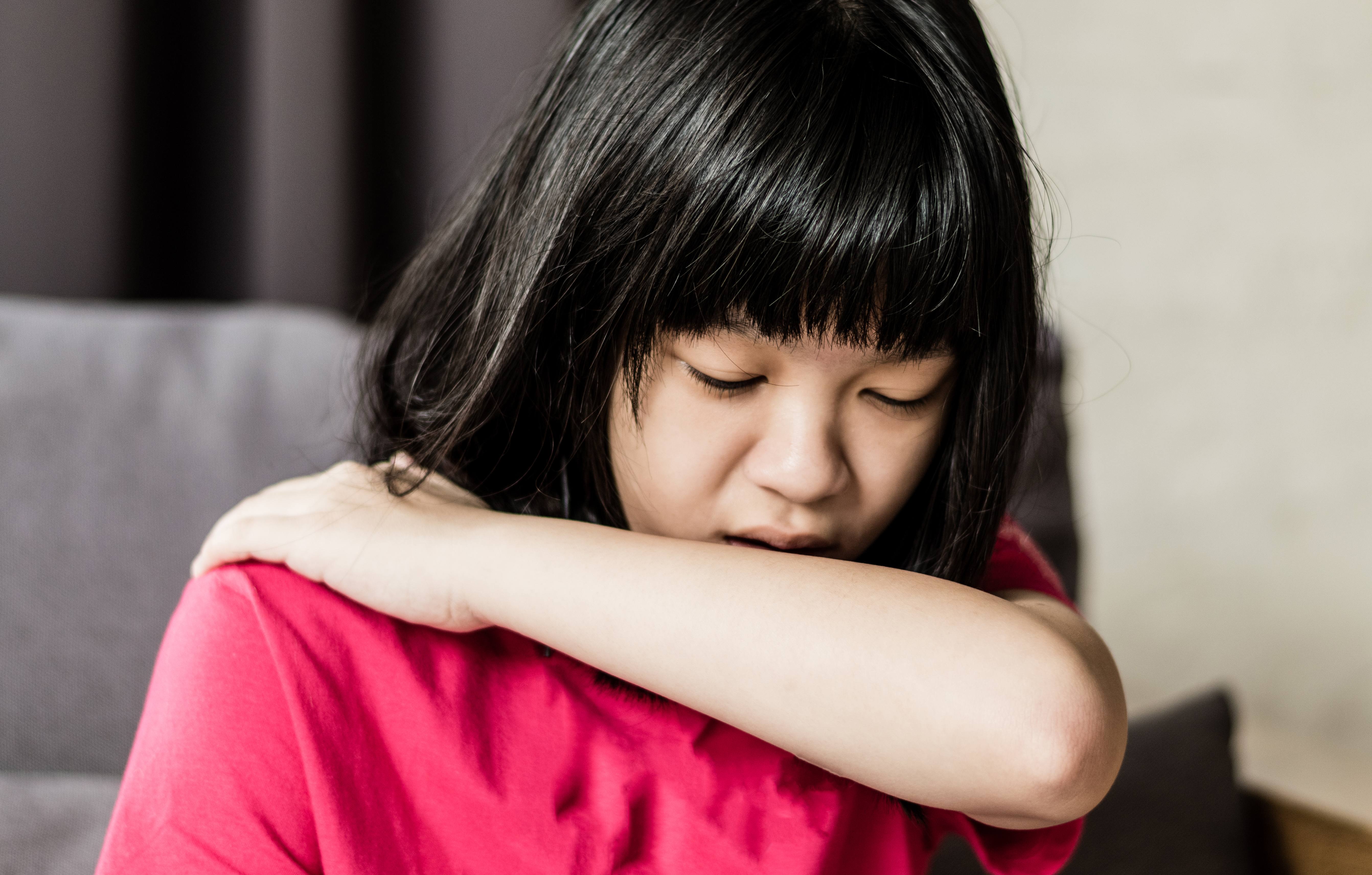Fall and winter are a time when highly contagious viruses that cause respiratory illness usually circulate heavily in communities. Because many of these viruses can lead to serious infection, hospitalization and even death, it's crucial to arm yourself with strategies that can help prevent illness and keep you and your loved ones safe.
In this Mayo Clinic Minute, Dr. Priya Sampathkumar, an infectious diseases expert, outlines some strategies you can use to keep you and your family healthy during respiratory virus season.
Journalists: Broadcast-quality video (1:02) is in the downloads at the end of this post. Please courtesy: "Mayo Clinic News Network." Read the script.
"Each year we have what we call viral respiratory season where people seem to get colds, and some people get worse infections, including pneumonia," says Dr. Sampathkumar.
The viruses responsible for causing most infections in the fall and winter are influenza, COVID-19 and respiratory syncytial virus (RSV).
One of the best strategies to provide protection against these viruses is vaccination. Annual flu shots are recommended for everyone 6 months and older.
"The flu vaccine, as you know, has been around for many, many years and is a very safe vaccine," says Dr. Sampathkumar. "It does do a good job in preventing the most serious complications of flu, which are hospitalization and death."
Updated COVID-19 vaccines are also recommended this year, along with a newly approved RSV vaccine for adults ages 60 and older with risk factors for RSV such as weakened immune systems, frailty or chronic heart or lung disease.
Dr. Sampathkumar says along with getting recommended vaccinations, avoiding crowded areas, considering masking to protect yourself in crowded indoor spaces, and frequent hand-washing, are other ways to help get you through respiratory virus season.
"Then, if you do become sick, make sure that at that point, you do wear a mask to protect those around you. Staying home and not exposing a lot of people at your workplace or elsewhere."
Related posts:
- What to expect for the flu, RSV and COVID-19 seasonal respiratory season
- Mayo Clinic expert answers questions about the new COVID-19 vaccine








